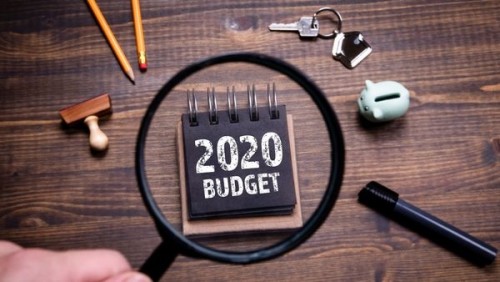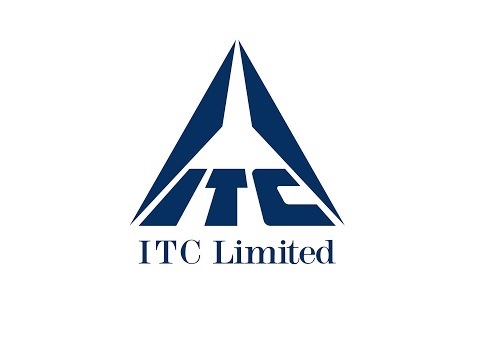Budget 2020: Three key tax reforms that markets expect

Follow us Now on Telegram ! Get daily 10 - 12 important updates on Business, Finance and Investment. Join our Telegram Channel https://t.me/InvestmentGuruIndia
Download Telegram App before Joining the Channel
New Delhi: At a time when the GDP is at a six-year low and consumption has slowed down, expectations from the Budget are really high. Despite the downturn in the economy, markets have been scaling new peaks in the last few months on the back of various revival measures announced by the government, including corporate tax cut and setting up of alternate investment fund for the realty sector. Investors expect finance minister Nirmala Sitharaman to announce further stimuli to turn around the economy when she presents her second Budget for the National Democratic Alliance government on 1 February.
“The recent measures announced for various sectors as well as to support growth have been concentrated on the supply side of the economy. The budget should ideally address the demand side given that the slowdown is a reflection of the structural demand constraints," says Suvodeep Rakshit, vice-president and senior economist, Kotak Institutional Equities. “Solutions to the growth slowdown are needed to address both the short-term as well as the long-term challenges. The Budget should be a mix of both these short-term measures and long-term vision-led policies."
Here are three tax reform measures that markets expect:
Long-Term Capital Gains Tax
Former finance minister Arun Jaitley had reintroduced Long-Term Capital Gains (LTCG) tax in Budget 2018-19 after a gap of 14 years. Gains arising from the transfer of listed equity shares exceeding ₹1 lakh are taxed at 10%, without any indexation benefit. If the government decides to scrap LTCG tax or extend the holding period for investments from the current one year, it will boost sentiment, according to experts.
“In order to support market sentiments while its efforts to bolster the economic situation fructifies over the next few quarters, the government may rationalize the tax structure for capital gains tax on debt and equities. For example, it may do away with long-term capital gains tax (LTCG) on equities for a holding period of more than two years or a somewhat similar variation," Rakshit said.
Dividend Distribution Tax
Dividend Distribution Tax or DDT is levied on dividends distributed by profit-making companies. It is an additional tax on the profits of a company which are already taxed. Indian companies pay an effective DDT of 20-21%, and an additional income tax of 10% is levied on the dividend receiver if the aggregate dividend income exceeds ₹10 lakh per annum.
“DDT may be abolished to do away with multiplicity of taxes for companies. However, this would be taxable at the hands of the receiver of the benefit which would be taxable at the existing slabs for the concerned individuals," CARE Ratings said in its pre-Budget study.
Personal tax relief
While some experts say that tax sops would help boost consumption, others argue that it will hit the exchequer at a time when the tax revenue is much below the target. “Lesser yet more substantive steps would be more beneficial than numerous non-material announcements. Personal income tax cuts will help bring in a much-needed feel good factor, back into the Indian economy. This will help spur consumption, given that the current slowdown was driven by credit squeeze in the economy. Also, despite interbank liquidity touching highs of ₹4 trillion, credit is yet to be revived owing to an existent lack of confidence," Kapoor said.
Sitharaman’s maiden Budget, which was presented last year on 5 July, had hit market sentiment hard with the benchmark Sensex dropping over 5% within a month and eroding ₹10 lakh crore of investors’ wealth. Experts say, the fall was a sentimental push back from foreign portfolio investor (FPI) and high networth individuals (HNI).
It took a significant corporate tax rate cut for the tides to turn and FPIs to turn net buyers during the year, resulting in markets touching new highs. FPI inflows as of December stood at over ₹1.3 lakh crore, including ₹97,250 crore in equities, the highest in last six years.







.jpg)












